With Labour now holding the keys to Number 10, the real work begins. They’ve inherited a country facing a raft of deep-seated issues. How will they tackle these pressing challenges?
1. NHS Backlog
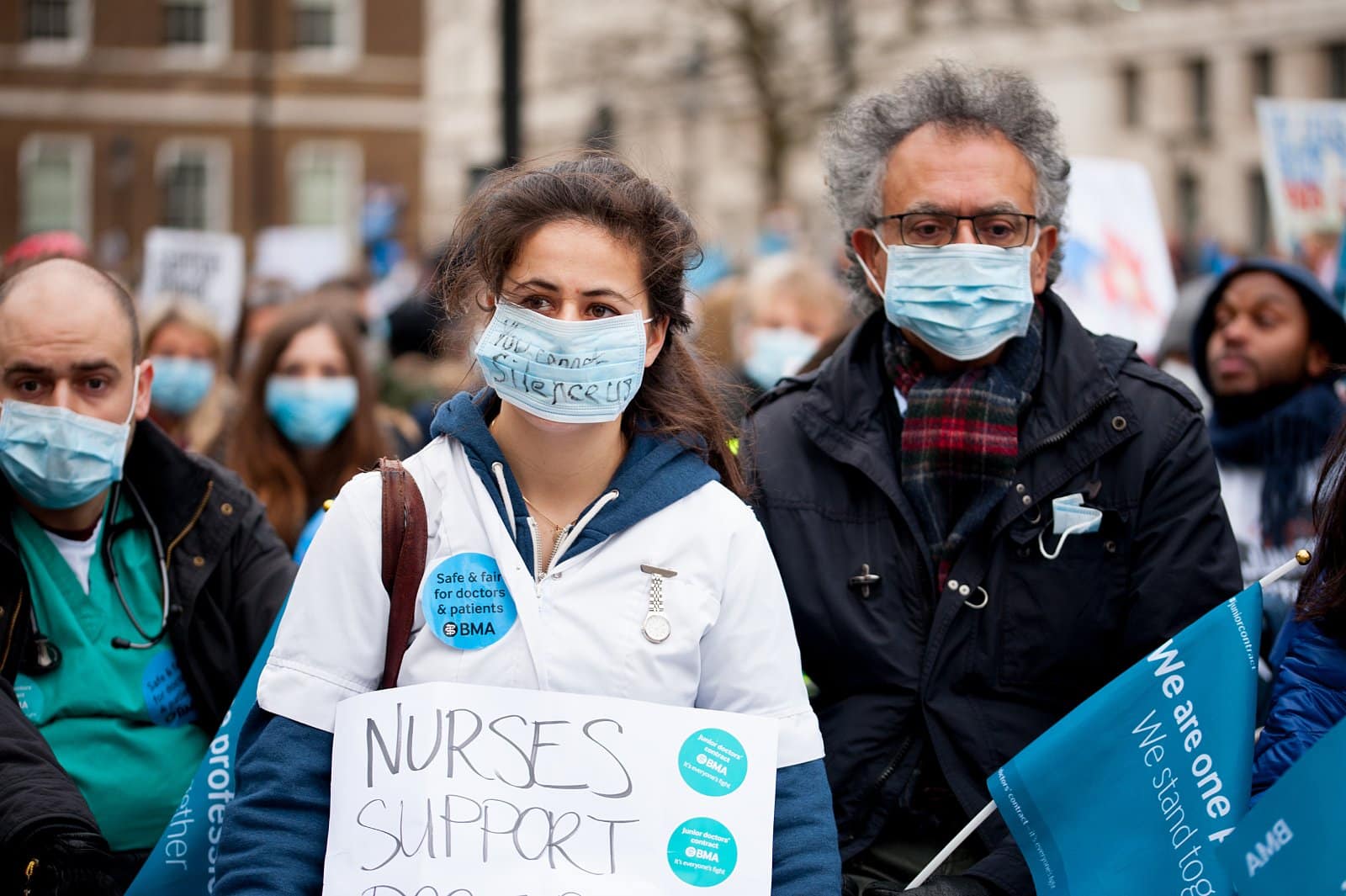
The NHS backlog has reached critical levels, with waiting lists at all-time highs due to the pandemic and chronic underfunding. Labour has committed to recruiting thousands of new healthcare workers and increasing NHS funding by closing tax loopholes to address this crisis immediately.
2. Mental Health Services

Mental health services have been stretched thin. Labour plans to bolster this sector by hiring 8,500 new mental health professionals and integrating mental health services into primary care settings, ensuring easier access and earlier interventions.
3. Affordable Housing Crisis

The UK’s housing crisis is more pronounced than ever, with homeownership increasingly out of reach for many. Labour’s response includes building 1.5 million new homes and reforming planning laws to speed up construction and prioritise affordability.
4. Climate Change Commitment

Labour must reinforce its commitment to combating climate change after dialing back its pledge to invest £28 billion annually in green initiatives. They need to implement robust policies that significantly move the needle towards achieving the UK’s net-zero targets.
5. Economic Inequality

Addressing the widening gap between the rich and the poor is crucial. Labour intends to revise tax policies to ensure fairer wealth distribution and increase minimum wage standards to reflect the cost of living.
6. Education Sector Investment

The education sector requires urgent reform and investment. Labour plans to improve state education funding by closing tax breaks for private schools and using those funds to enhance public school resources and teacher salaries.
7. Immigration System Overhaul

Labour faces the challenge of reforming an immigration system criticised for its inefficiency and inhumanity. Their policy focuses on creating more legal pathways, speeding up asylum claim processes, and improving the integration of refugees and immigrants.
8. Public Sector Pay

With public sector pay lagging behind inflation rates, Labour needs to address pay disparities to prevent strikes and improve morale among key workers, including teachers, firefighters, and civil servants.
9. Social Care System
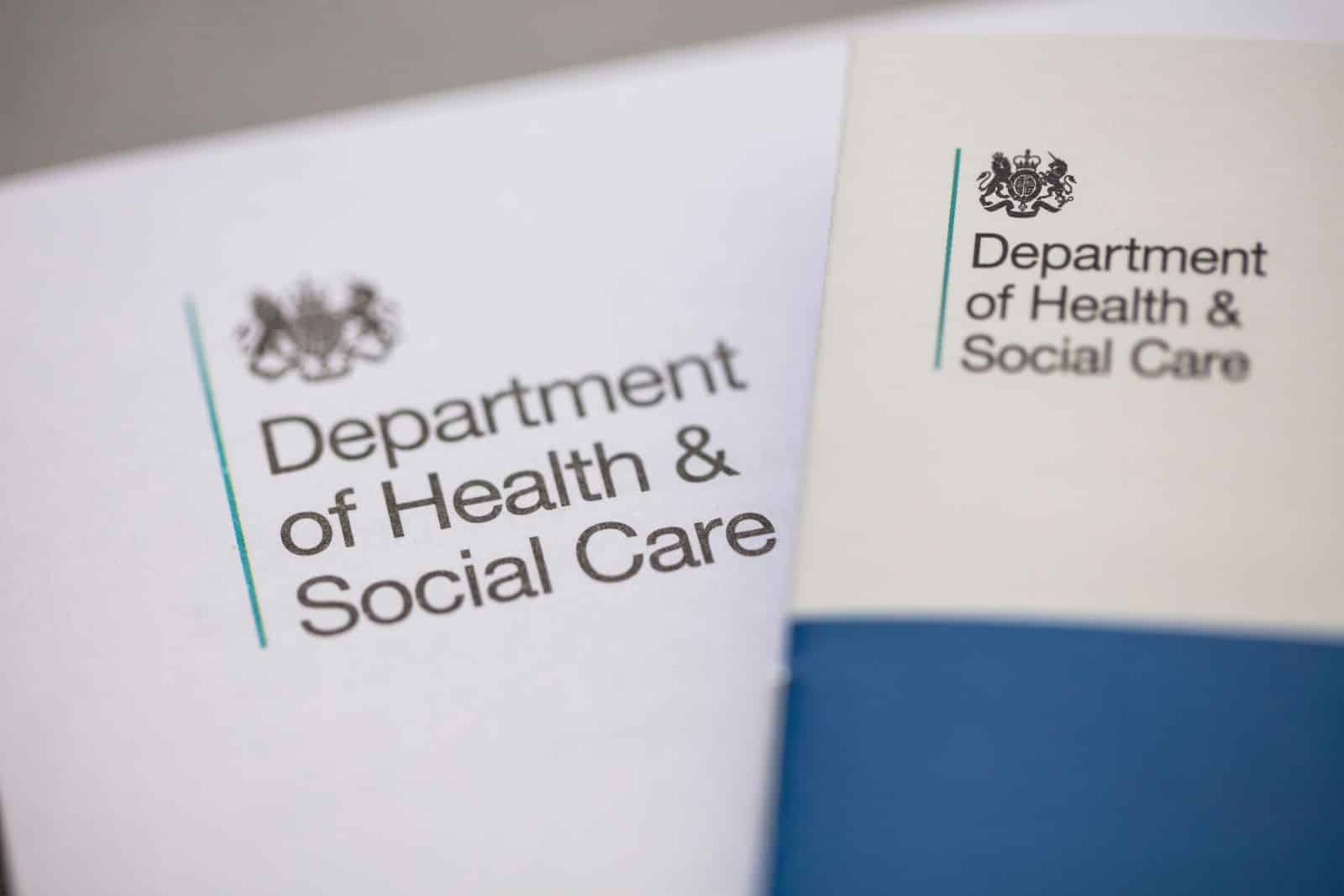
Reforming the social care system is imperative. Labour’s strategy involves integrating health and social care services to create a more cohesive system that better addresses the needs of the elderly and disabled.
10. Child Poverty

Labour must tackle the increasing rates of child poverty. This involves enhancing support for low-income families through better access to education, healthcare, and food security.
11. Support for Small Businesses

Small businesses, the backbone of the economy, require more support post-pandemic. Labour plans to introduce grants and loans to help small businesses thrive and create jobs.
12. Digital Infrastructure

Expanding digital infrastructure is vital for economic growth. Labour aims to increase broadband access and improve digital services across the country, ensuring no area is left behind.
13. Renewable Energy Initiatives
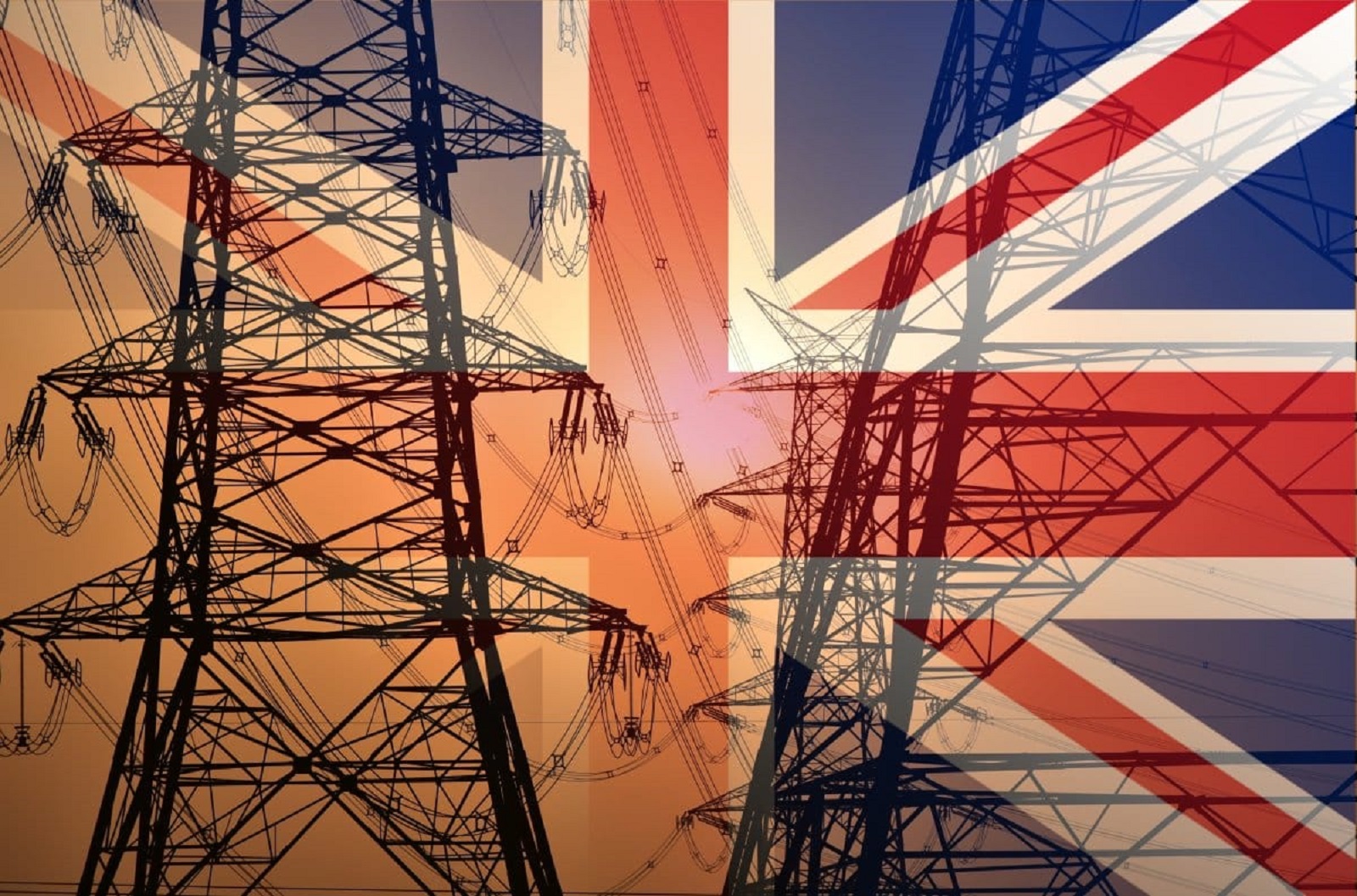
To reduce reliance on fossil fuels, Labour needs to boost investments in renewable energy sources like wind and solar power, creating jobs and reducing emissions.
14. Water Pollution
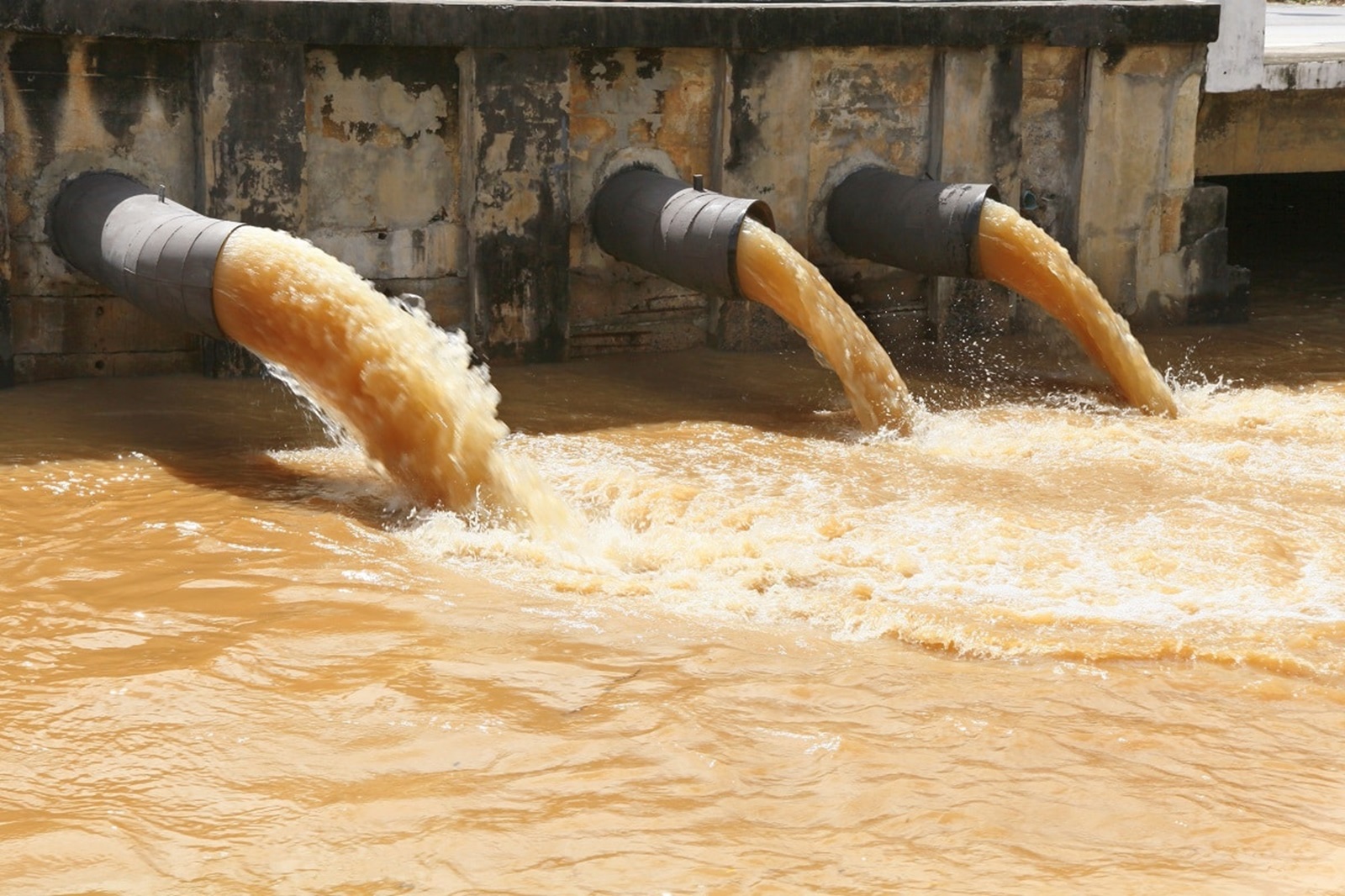
Tackling water pollution requires strict regulations on water companies. Labour’s policy includes imposing severe fines and possibly criminal charges for pollution offences.
15. Foreign Policy Realignments

Labour’s new foreign policy will need to address the UK’s position on global issues, including trade, security, and international aid, reshaping Britain’s role on the world stage.
16. Defence Spending

Adjusting defence spending to meet current needs while ensuring effectiveness is a delicate balance that Labour must achieve, particularly regarding NATO commitments.
17. Trade Agreements

Post-Brexit, Labour is tasked with negotiating trade agreements that benefit the UK economically without compromising on labour and environmental standards.
18. Media Reform

Ensuring media diversity and combating misinformation is critical. Labour should consider regulations that promote transparency and diversity in media ownership.
19. Judicial System Reforms

Labour plans to reform the judicial system to increase efficiency and fairness, particularly in dealing with backlogs and ensuring access to justice for all citizens.
20. Electoral Reform

Debates around electoral reform are on the table, with Labour potentially looking at making the voting system more representative to strengthen democracy.
21. National Security

Enhancing national security in the face of evolving threats, including cyber threats, is a priority. Labour needs to invest in intelligence and cybersecurity to protect the nation.
A Daunting Task Ahead
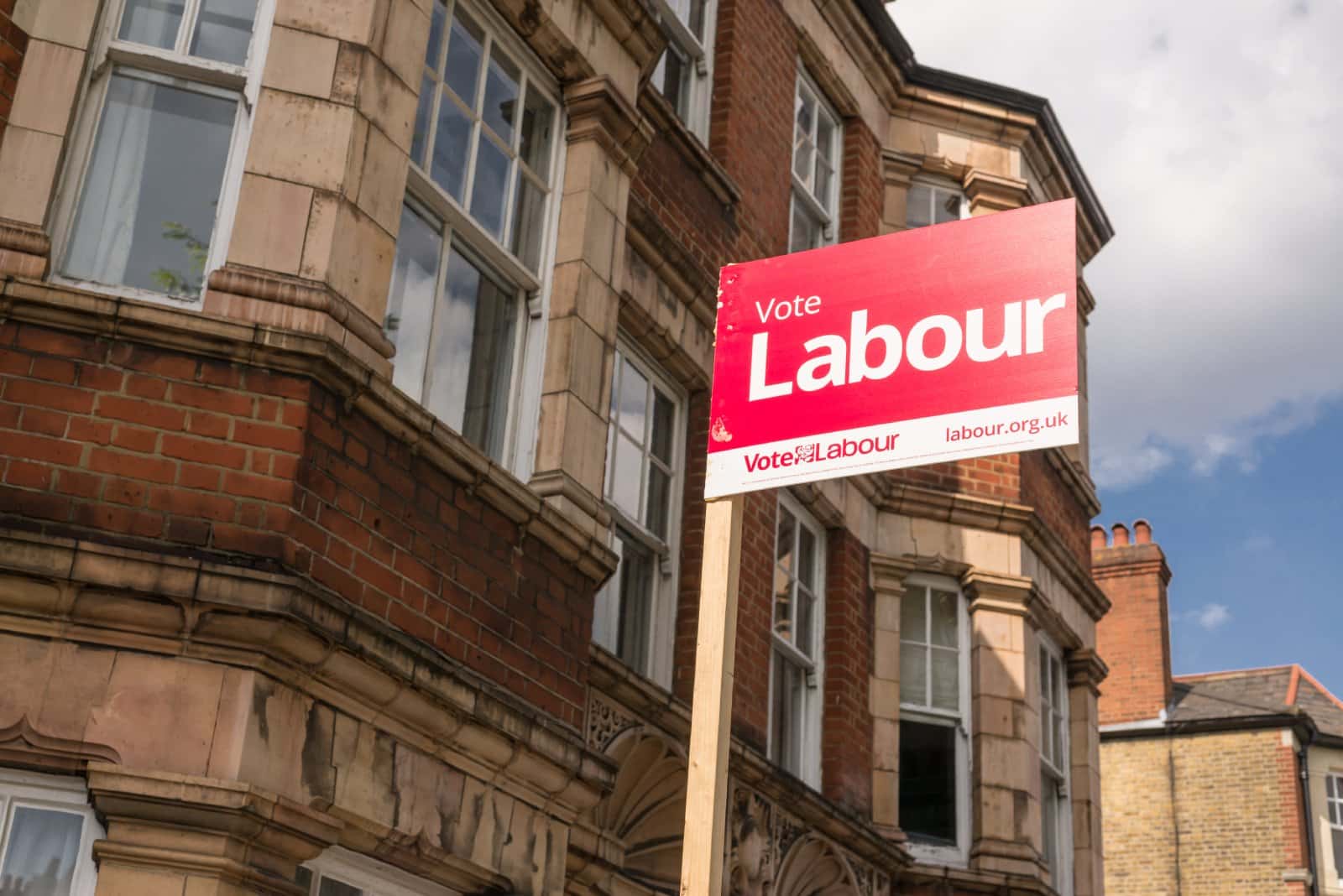
Labour has no shortage of fires to put out, and the time to act is now. The success of their tenure will hinge on their ability to turn promises into effective policies that resonate with and improve the lives of everyday Britons.
Featured Image Credit: Shutterstock / Sean Aidan Calderbank.
For transparency, this content was partly developed with AI assistance and carefully curated by an experienced editor to be informative and ensure accuracy.

